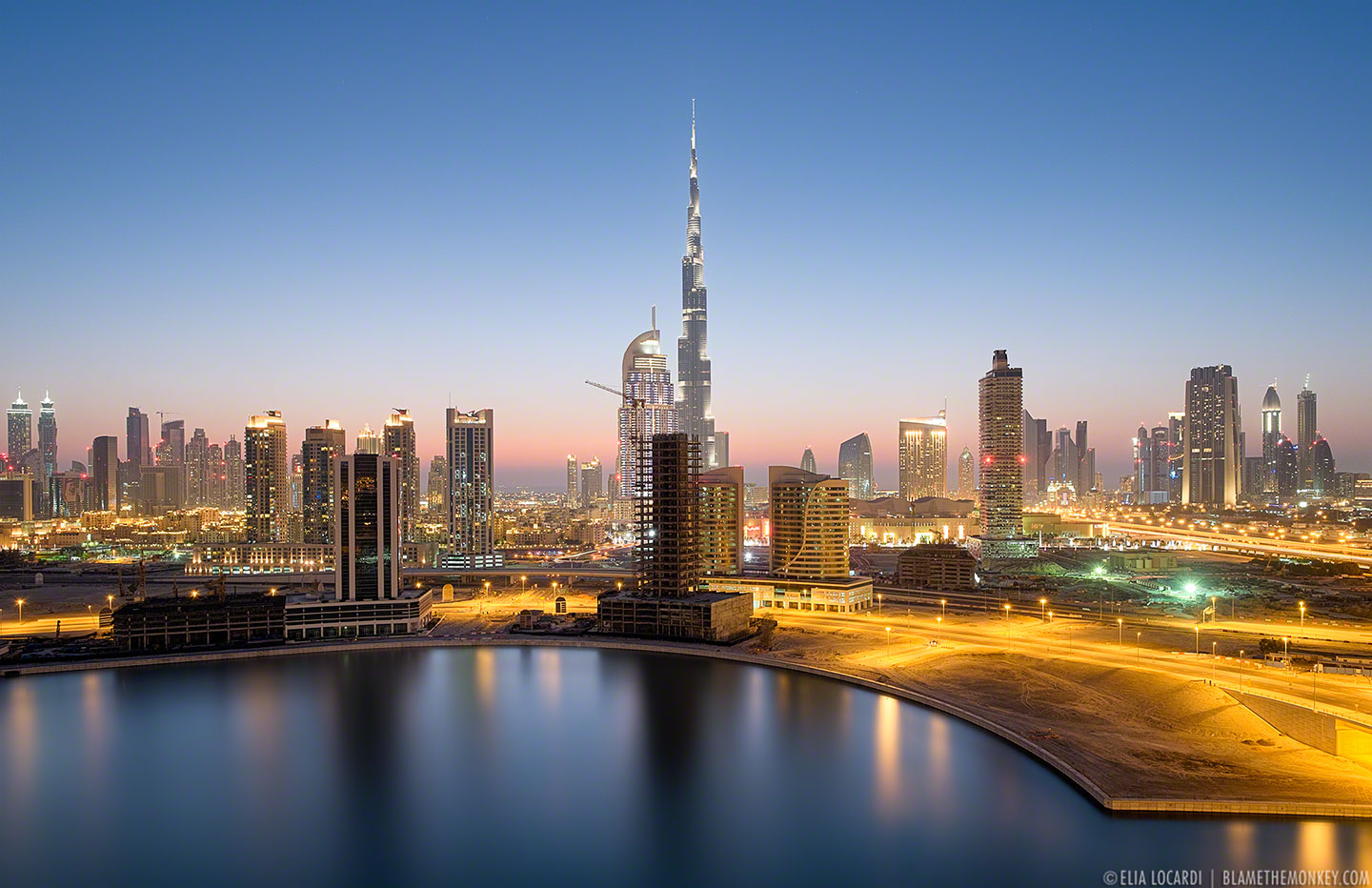Number of People Fleeing Conflict Is Highest Since World War II, U.N. Says

GENEVA — The number of people fleeing violence is the highest recorded since World War II, according to figures released Wednesday by the United Nations refugee agency, as old conflicts dragged on and new ones erupted.
The global population of people displaced by conflict reached 70.8 million last year, up from a little over 43 million a decade ago, the report said. Around 80 percent of the world’s refugees have been living in exile for five years, and around one-fifth of them for 20 years, it noted, underscoring the intractable nature of the situation.
“We have become almost unable to make peace,” Filippo Grandi, the United Nations high commissioner for refugees, told reporters in Geneva.
The report’s total figure is conservative, Mr. Grandi said.
It includes only some of the four million people who have fled the economic meltdown and political turmoil in Venezuela. Thousands of Venezuelans cross the border each day en route to Brazil, Colombia, Ecuador or Peru, or take to boats for perilous journeys to Caribbean islands.
And without a solution to the Venezuelan crisis, an additional one million people could join the exodus this year, the refugee agency warned.
Most of those uprooted by conflict worldwide in 2018 — around 41 million — remained displaced in their own countries, while close to 26 million fled across borders and 3.5 million were seeking asylum in third countries.
Of those who fled their own countries, 80 percent of the world’s refugees were taking shelter in neighboring nations, Mr. Grandi said, pushing back at the narrative that a majority were heading to the United States, Europe or Australia.
That means that most of them are living in poor or middle-income countries, he said, adding: “That’s where the crisis is. That’s where we need to focus.”
More than half of the 2018 refugees were children, he noted. “Children don’t flee to seek better opportunities,” he said. “Children flee because there is a risk and a danger.”
Five countries — Afghanistan, Myanmar, Somalia, South Sudan and Syria — produced more than two-thirds of the world’s total refugees, according to the report.
Turkey was the biggest recipient of refugees, having taken in 3.7 million Syrians since 2014. Pakistan serves as host to close to 1.5 million Afghans, and Uganda has taken in more than one million people fleeing conflicts in neighboring states.
Among developed countries, only Germany figured among the top 10 recipients of refugees as of the end of 2018, with a little over a million people, half of them from Syria.
Mr. Grandi singled out Chancellor Angela Merkel of Germany for praise for her decision to admit as many as one million refugees at the height of the 2015 migration crisis. He said the move would be judged positively in years to come, despite the political price she has paid in erosion of popular support.
By contrast, he said that the United States’ policies toward migrants arriving on its southern border underscored a global “crisis in solidarity.” A backlog of 800,000 asylum applications, which predates the Trump administration, underscores a need to invest more in the migrants and the procedures needed to process their applications, Mr. Grandi said.
But solutions to the rising number of global refugees will require cooperation among global powers that is conspicuously absent in the United Nations Security Council even in regard to humanitarian issues, Mr. Grandi said.
“If you don’t have unity in the supreme organ in the international community responsible for peace and security,” he said, “how do you expect the number of refugees to diminish?”
David Miliband, the president of the International Rescue Committee, a New York-based nonprofit humanitarian group, echoed Mr. Grandi’s critique.
“As the numbers of displaced grow, we are seeing a tragic retreat from diplomacy that should be addressing the root causes of conflict and displacement, whether in Libya or Yemen, Venezuela or Syria,” Mr. Miliband, a former British foreign secretary, said in a statement.
“Instead of pursuing accountability for war crimes and investing in peace-building,” he said, “we are trapped in an age of impunity that is placing civilians, as well as humanitarians, in the crossfire, and driving thousands from their homes every day.”























